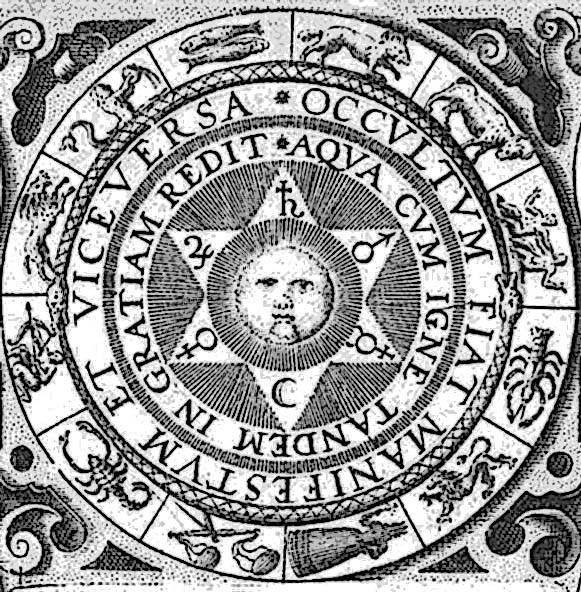
Astrology is on the rise, and a recent New Yorker article argues that 30% of Americans now believe in astrology. This spike in belief has been tied to astrology’s popularity on the internet and social media. Astrological apps like Co-star and Align have gained traction, achieving millions of downloads a year, and mystical services more generally are generating 2.2 billion annually. But why is astrology on the rise? And what does sociology have to say about its practice?
During the 1970s, astrology was marginalized and socially stigmatized — considered part of the American counter-culture. The rise of religious nones and the “spiritual but not religious” category have led scholars to consider how belief systems once considered to be alternative may be becoming more mainstream. Scholars have found that even spiritual beliefs that are not part of organized religion may be highly organized in generating meaning and community, particularly in unsettled times. Given stressors like global warming, economic instability, and the recent COVID-19 pandemic, millennials may be turning to belief-structures once considered to be alternative to find community and to grapple with uncertainty.
- Robert Wuthnow. 1976. “Astrology and Marginality.” Journal for the Scientific Study of Religion 15(2): 157-168.
- Luhrmann, Tanya. 1989. Persuasions of the Witch’s Craft. Harvard University Press.
- Theodor Adorno. 1994. The Stars Down to Earth. Routledge.
- Mercadante, Linda A. 2014. Belief without Borders: Inside the Minds of the Spiritual but Not Religious. New York: Oxford University Press.
- Swidler, Ann. 1986. “Culture in Action: Symbols and Strategies.” American Sociological Review 51(2):273–86.
- Godart, Frederic and Harrison White. 2010. “Switchings Under Uncertainty: The Coming and Becoming of Meanings.” Poetics 38(6): 567-586

Comments